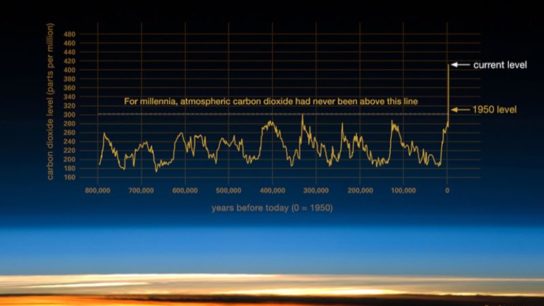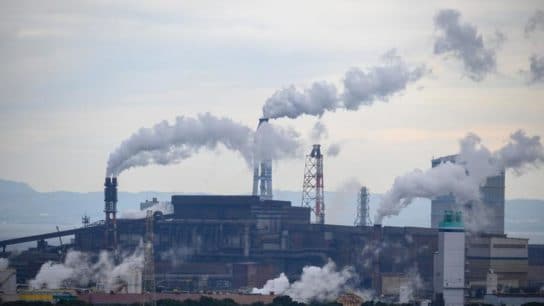After a severe drought in 2017 and locust swarms in 2019-2020, Somalia is hit by cyclone Gati, the strongest hurricane to ever make landfall in the country.
Earth.Org takes a closer look.
—

November 21 – 23, 2020. Source: NASA Earth Observatory.
22 November 2020 marks the day Cyclone Gati, then a Category 2 storm, made landfall onto Somalia. In only two days, it brought a year’s worth of rainfall into the region, killing eight people and displacing thousands.
This also marked the strongest cyclone to hit Somalia since satellite records of the region began in 1970. The previous hurricane to approach Somalia was a Category 1 storm Cyclone Megh in 2015.
The numbers
- Cyclone Gati maintained maximum wind speeds of 170 kilometers per hour, though its maximum recorded wind speed was 185 kilometers per hour.
- The 10+ cm of rain were enough to flood and contaminate freshwater wells throughout the country
- 180,000 people were directly affected, and approximately 42,000 were displaced.
- Villages in the district of Iskushuban were most severely affected, with flash floods, heavy rains and strong winds damaging buildings and infrastructure.
Why it matters
- The locust infestation of 2019-2020 could be dormant, and heavy rainfall can provide cover and fuel for swarms to form.
- In a nation still reeling from a severe drought in 2017, food security is a real issue.
The fault isn’t entirely on climate change here, since a storm like this had a chance to occur with or without. However, this year’s record-breaking Atlantic hurricane season, and a recent trend of higher category storm frequency do seem to have our fingerprints on them.
The takeaway: we are slowly but surely seeing scientists’ warnings come true, as climate change becomes evident. An unfortunate pattern is that of poorer countries, with less means to adapt, taking the brunt of the blow. They are already plagued with far more extreme weather than other places, and it is these very extremes that climate change is exacerbating. The change may not be at your doorstep depending on where you live but understand that it is happening, and the more vulnerable among us are paying the price.
This article was written by Javier Chai Rui Cheng.
You might also like: Australia: Another Summer, Another Heatwave










![The Statistics of Biodiversity Loss [2020 WWF Report]](https://u4d2z7k9.rocketcdn.me/wp-content/uploads/2020/12/lprwinkyTHB-544x306.jpg)





